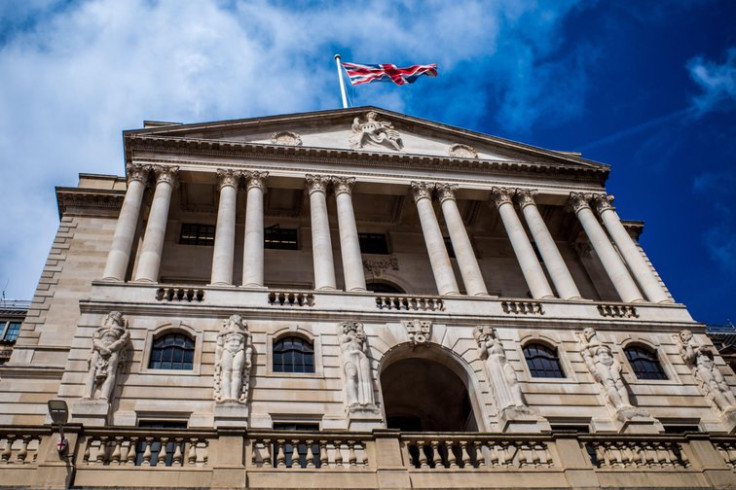UK Workers remain divided over Hunt's Spring Budget announcements, new survey shows
A recent survey reveals that the UK workforce is divided over Jeremy Hunt's Budget announcements, with the CEO of CV-Library stating that "personal finances remain the key driver for the overwhelming majority".

The UK workforce is divided over Jeremy Hunt's Budget announcements, a new survey shows.
Last week, the Chancellor of the Exchequer released a Budget designed to get more people back to work, coining it the "Budget for Growth".
A survey, conducted by major Jobs Board company CV-Library, revealed a 50/50 split decision on if the "Budget for Growth" will positively impact the job market as intended. The survey was based on the top 3 answers given by 2,250 respondents.
Key features of The Spring Budget included a spending commitment for a £4 billion expansion of free childcare provision, a 6 per cent increase in corporation tax, and new incentives to persuade those out of work to help fill the UK's 1.1 million job vacancies.
Jeremy Hunt also announced 12 new "Investment Zones" across the UK. These areas will bid to gain access to £80 million of support for a range of interventions including skills, infrastructure, tax reliefs and business rates. With this in mind, The Annual Investment Allowance for small businesses will increase to £1 million.
Lee Biggins, Founder and CEO of CV-Library, explains that whilst there's a lot of hope and positivity around the government's latest budget, it's clear that UK workers are feeling wounded and intensely cautious after a turbulent few years.
"Without doubt, personal finances remain the key driver for the overwhelming majority," said the CEO.
The survey also found that the majority of workers - 56 per cent - don't share the government's opinion that the country will avoid a recession this year.
Alongside the Spring Budget, Hunt presented official forecasts showing Britain, the only one of the G7 group of large economies not to recover to its pre-pandemic size, would now avoid a recession this year.
However, this claim has come under intense scrutiny in recent weeks.
"Unlike the Office for Budget Responsibility, we do not think the UK will escape a recession," said Hetal Mehta, senior European economist at fund manager Legal & General Investment Management.

Today, the Bank of England increased interest rates for the 11th time in a row, after data revealed inflation had risen to 10.4 per cent in February rather than continuing its descent.
According to the survey, it would seem that the Spring Budget did little to ease fears over uncertainty in the job market, with just 31 per cent of the respondents feeling more confident in looking for a new job as a result of the budget.
Official figures released by the government ahead of its Budget announcement showed job vacancies in the UK have fallen for the eighth time in a row.
Britain's economy also showed zero growth in the final three months of 2022, resulting in double-digit inflation. Hunt will be hoping his "back to work" initiatives will begin to reverse this trend.
According to Biggins, recruiting businesses need to focus on "a positive route to hire experience, as well as competitive salaries and attractive benefits packages" in order to combat these figures.
One positive outcome of the Spring Budget appears to be the Energy Price guarantee - 65.9 per cent of UK workers were encouraged by the announcement, CV-Library revealed.
The Energy Price Guarantee, which is protecting households by capping typical energy bills at £2,500, will be maintained at the same level for a further three months over April, May, and June, worth £160 in total for a typical household.
However, this subsidy meant that the government's public sector net borrowing, excluding state-owned banks, was £16.7 billion last month, the largest February deficit since monthly records began in 1993.
The Office for National Statistics said February's borrowing data reflected the "substantial" spending on energy bill support programmes.
© Copyright IBTimes 2025. All rights reserved.






















